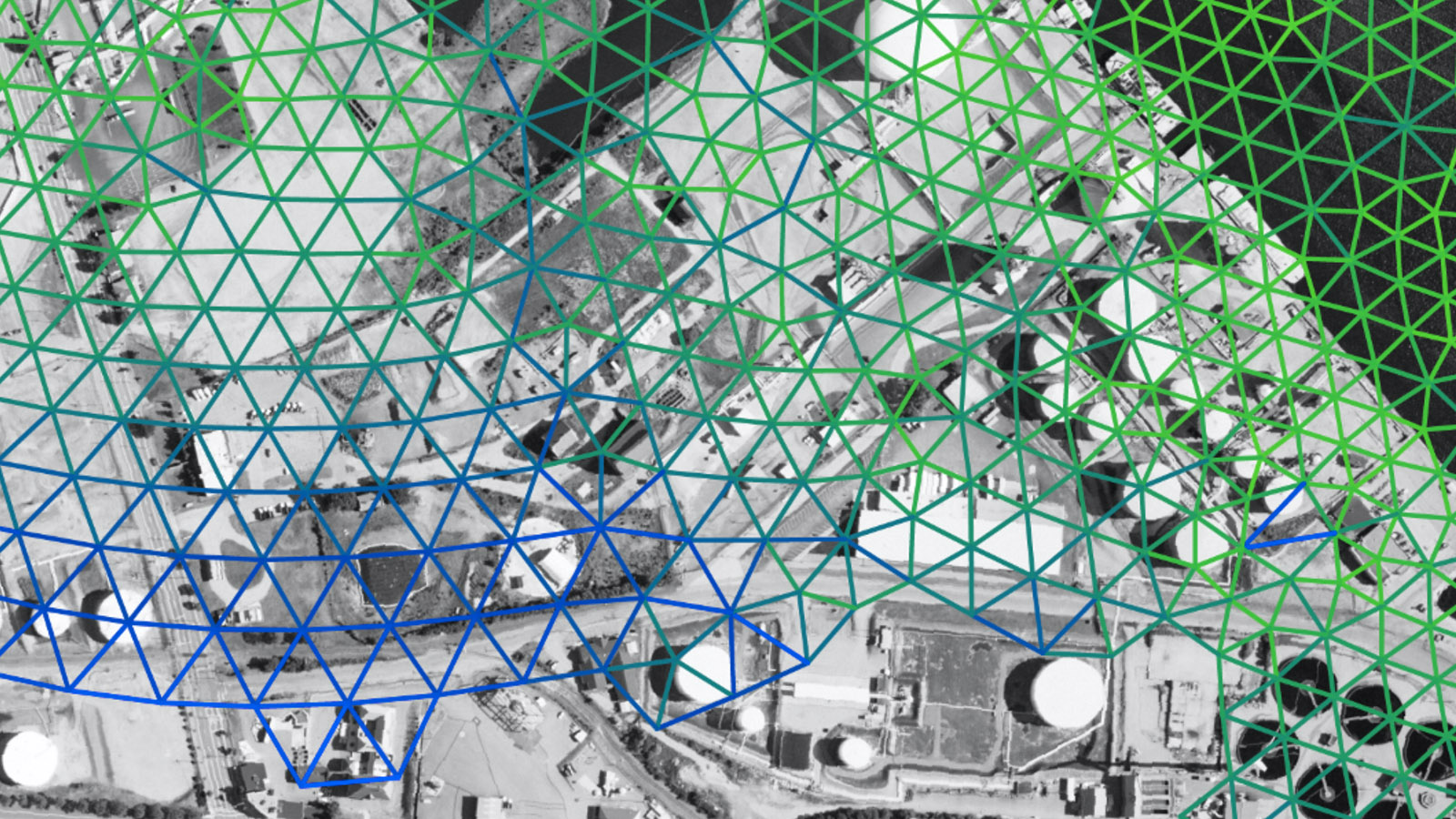



RICHAMP seeks to comprehensively investigate hazards and impacts in Southern New England using the most advanced storm prediction models, coastal storm surge, wave and hydrologic models. The system includes cascading consequences of extreme weather impacting critical infrastructure (such as wastewater treatment facilities, sewer systems, airports and seaports). In this video team members PhD students Deborah Crowley and Joshua Port present a brief overview of RICHAMP highlighting its use of MGHPCC resources to perform the rapid real-time forecasting involved.